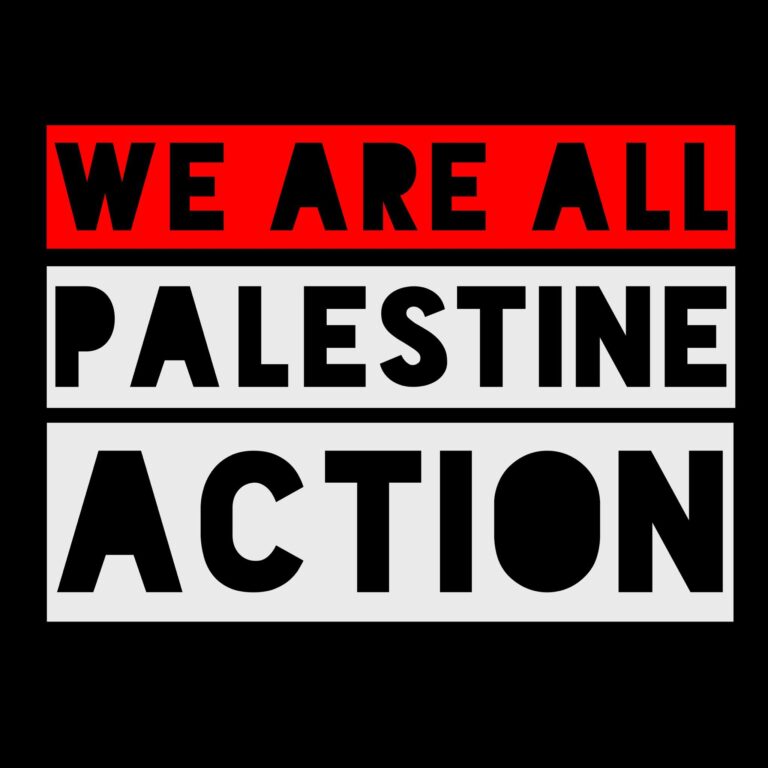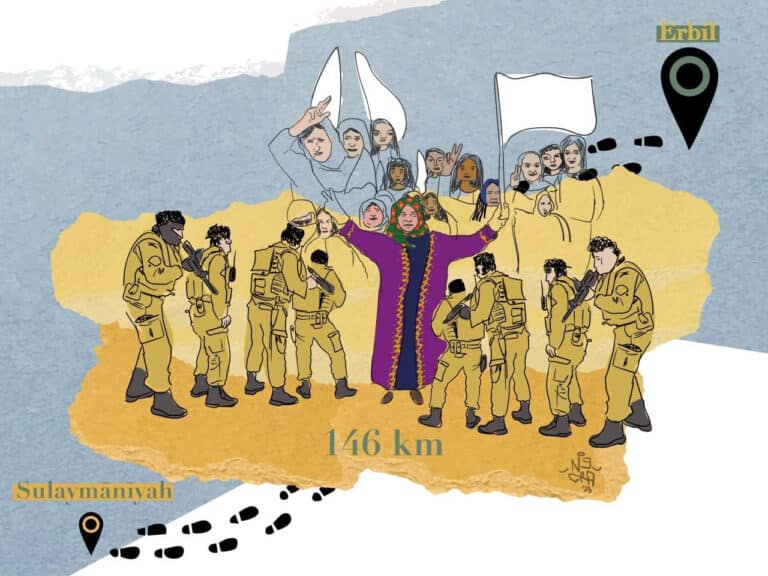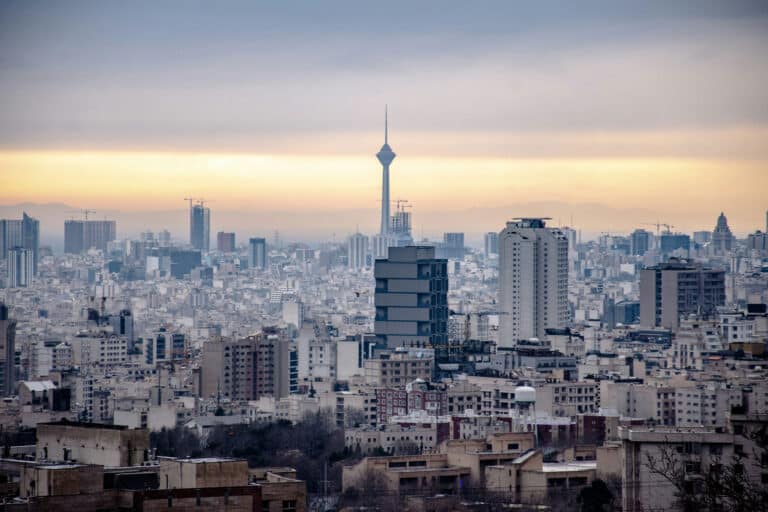The documentary film Light was nominated for screening at the International Human Rights Film Festival in Karama, Tunisia, for the Best Human Rights Film Award. The news filled us with immense joy and pride. For two members of our team at CPT, the opportunity to attend the festival was not only a chance to represent Palestine but also a rare opportunity to share our narrative with the world. Yet, for a Palestinian, the act of travelling is a decision fraught with complexity, challenges, and, often, heartache. Departing from Palestine isn’t as simple as booking a flight and heading to the airport. It involves navigating a labyrinth of restrictions, checkpoints, and borders, each with its own set of hurdles.
To begin our journey, we needed to cross into Jordan to access an airport, as Palestinians are barred from using the airports within the occupying state. This detour, necessitated by policies designed to restrict Palestinian mobility, is symbolic of the broader struggle of living under occupation. Leaving Palestine requires crossing three distinct border zones—the Palestinian Authority, the Israeli-controlled crossing, and finally, the Jordanian border. Each crossing comes with bureaucratic processes and long waits. For Palestinians, these crossings represent more than physical barriers; they are constant reminders of our restricted freedom. We boarded a travel bus to begin the journey. The bus, locked from the outside, became a confining space as we waited hours to pass through each point. Every stop required meticulous checks of documents, permits, and identification. At times, it felt like an endless cycle of scrutiny and waiting. This drawn-out process tested not only our patience but also our emotional resilience. After what felt like an eternity, we finally arrived at Queen Alia International Airport in Jordan. Despite the fatigue, the moment carried a bittersweet victory: we had overcome the hurdles of merely stepping outside our homeland.
Upon arriving in Tunisia, we were overwhelmed by the warmth and hospitality of the Tunisian people. As soon as anyone discovered we were from Palestine, their demeanour would change. Strangers approached us with a mixture of curiosity, kindness, and solidarity. They would ask about our lives and struggles and how they could help. Their heartfelt concern was touching, but it also underscored the heavy weight of our daily reality.
Tunisia’s streets were adorned with the colours of Palestine. Flags, posters, and graffiti spoke of unwavering solidarity. It was a profoundly emotional experience to see our flag raised so proudly in another country—a sight that evoked immense pride and profound sadness. I carried my Palestinian keffiyeh, draping it around my neck on the festival’s first day. The keffiyeh, a symbol of resistance and identity, felt like a bridge between my journey and the larger struggle of my people. Walking freely in Tunisia with the keffiyeh filled me with conflicting emotions. On one hand, there was immense joy in experiencing such open support. On the other, there was the inescapable sorrow of knowing that in my homeland, wearing the keffiyeh or raising our flag could invite scrutiny or even punishment or detainment.

On the second day of the festival, we travelled to Gabes, a city in southern Tunisia, for the screening of Light at the University of Gabes. The trip was surreal. For someone from Palestine, the notion of travelling uninterrupted from one city to another is almost unimaginable. The absence of checkpoints and barriers cutting through the roads and cities was liberating.
As we travelled, the Mediterranean Sea stretched alongside the road. Its vast expanse was mesmerizing. I found myself asking the driver repeatedly if we were close to the beach and when we might stop. He smiled each time and reassured me that we would. For most Palestinians, the sea represents an unattainable dream. Although Palestine has a coastline, reaching it requires a special permit from the occupying authorities—a permit often denied. I couldn’t hold back my tears when we finally stopped near the beach. Seeing the waves and feeling the sea breeze was an emotional release, a moment of freedom I rarely experienced. It was a bittersweet reminder of the simple joys denied to us in our land.
During our stay in Gabes, we encountered a celebration supporting Palestine. People gathered, singing songs of solidarity while waving Palestinian flags. It was a powerful moment that affirmed the deep connections between Tunisia and Palestine. Being among people who celebrated our identity with such passion was humbling and uplifting. The screening of Light was met with positive reception. Attendees engaged with the film’s message, reflecting on Palestinians’ shared humanity and resilience.
Back in the capital, the festival’s final day arrived. It was time to announce the Best Human Rights Film Awards winners. As the names were called, the anticipation in the room was palpable. When Light was announced as the third-place winner for best long film, a wave of joy washed over us; this recognition was more than just an award. It validated our efforts to tell our story to the world. The film served as a voice for the voiceless, shedding light on Palestinians’ daily struggles, resilience, and aspirations. Through Light, we were able to amplify the realities of life under occupation and connect with audiences who may never have understood the depth of our experience.
For us, this win was a beacon of hope in an otherwise challenging year. It was a moment to celebrate amidst the backdrop of suffering, loss, and relentless struggle in Palestine. Travelling to Tunisia was a transformative experience. It offered a glimpse of what freedom could feel like—a life unburdened by barriers and restrictions. The ability to move freely, to express our identity without fear, and to connect with others on a human level felt revolutionary. Yet, the trip also deepened my understanding of what we, as Palestinians, are fighting for. It is not just the right to exist but to live fully—to move, dream, and thrive without constraints. The journey underscored the importance of sharing our stories and building solidarity across borders.
As we returned home, the weight of occupation greeted us once more. The barriers, the checkpoints, and the restrictions reminded us of the road ahead. But amidst the challenges, there was a renewed sense of purpose. Winning the award for Light was not just an achievement but a testament to the power of resilience and the importance of telling our story. It was a reminder that even in the face of adversity, hope and solidarity can light the way forward.
Buy a ticket to watch Light or screen it for your community.




